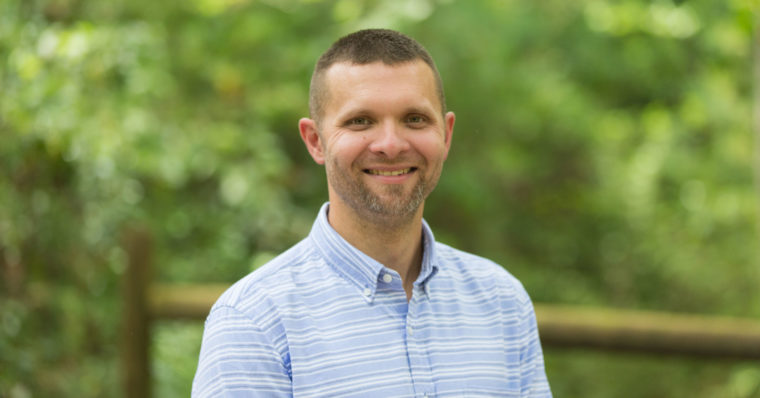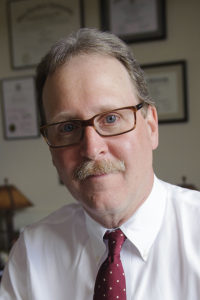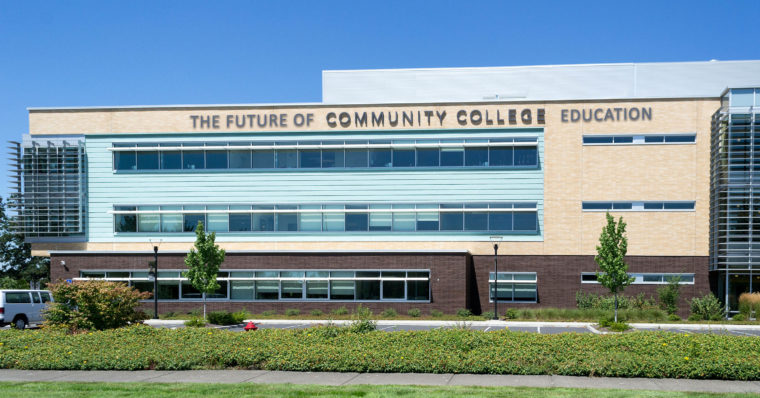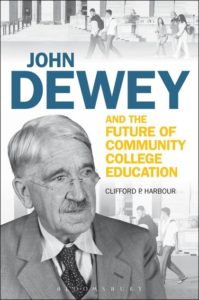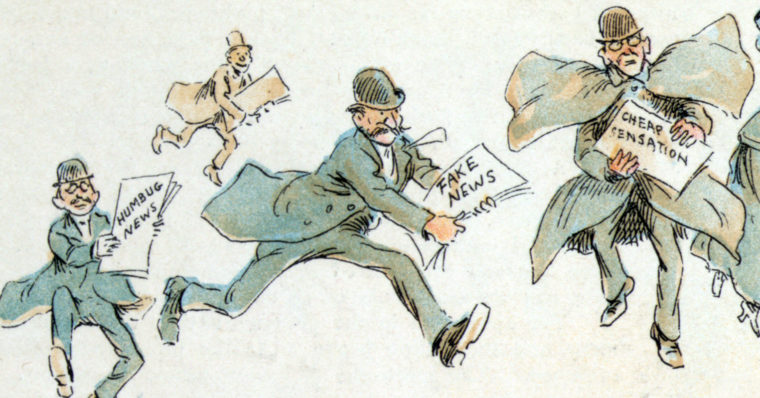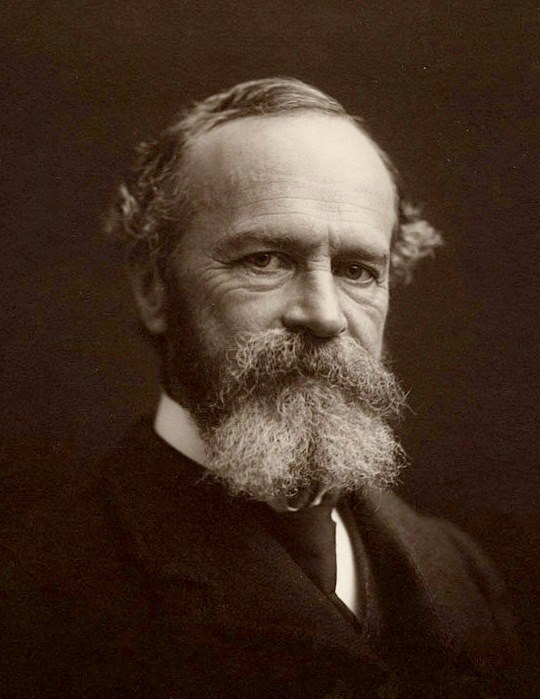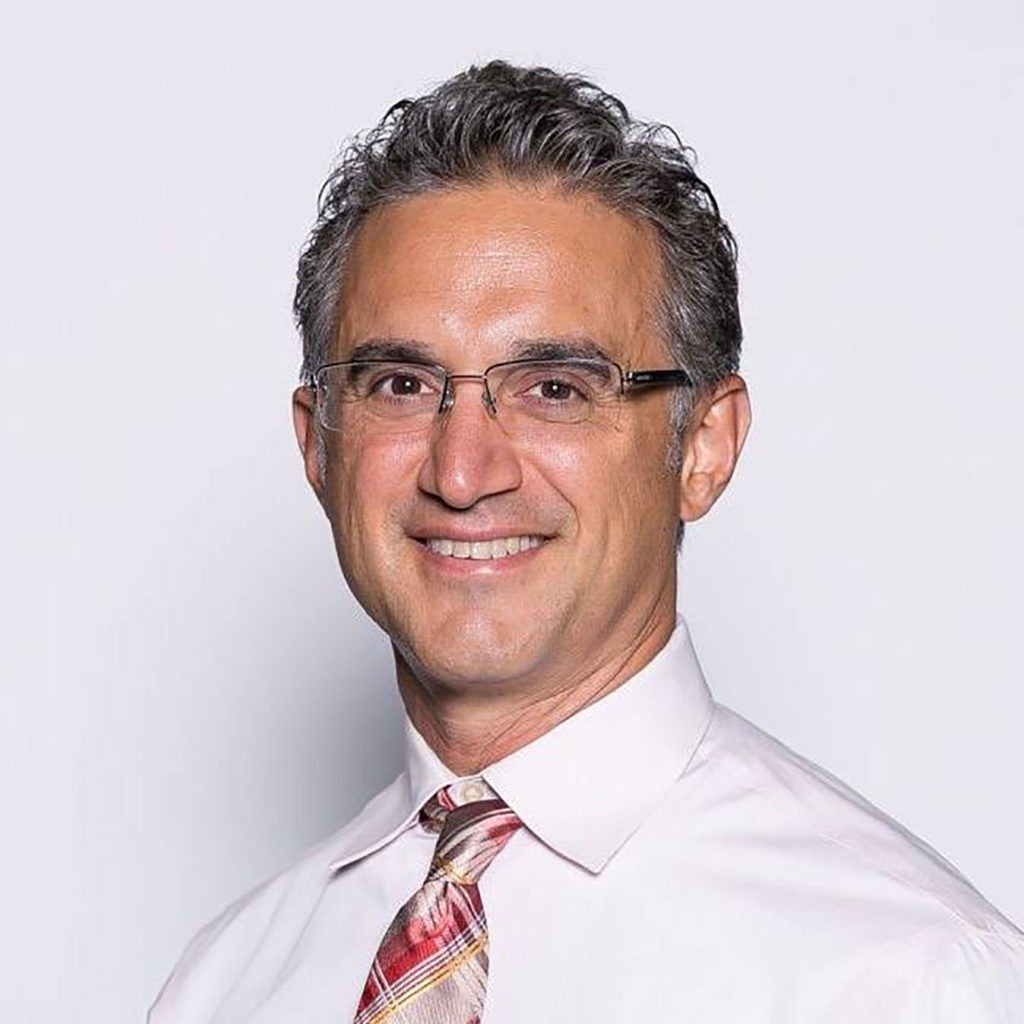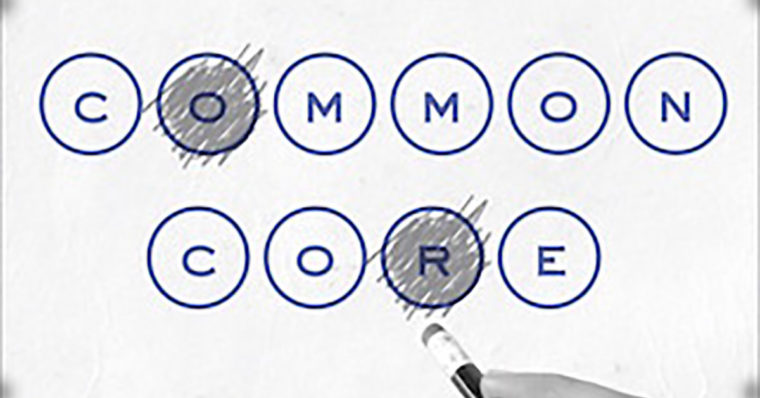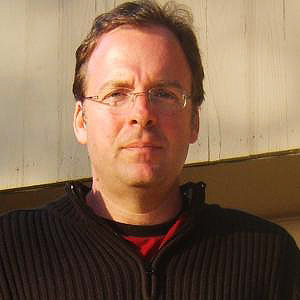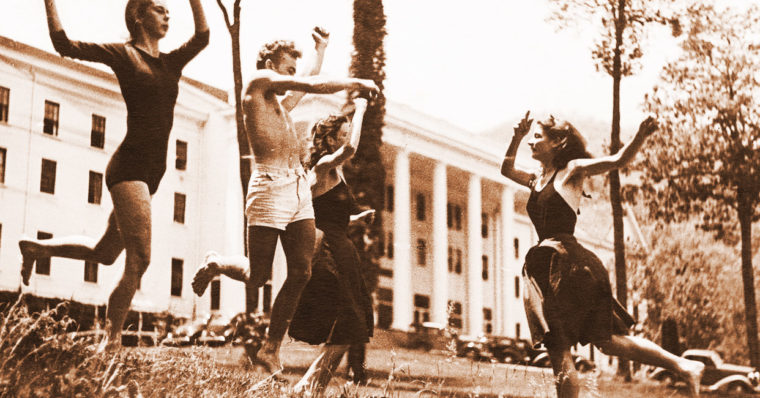In this 62nd episode of the Philosophy Bakes Bread radio show and podcast, Eric Thomas Weber and Anthony Cashio interview philosopher and Pentecostal Christian Dr. J. Aaron Simmons on his question: “Is the Church Killing God?”
Aaron is associate professor of Philosophy at Furman University in Greenville, South Carolina. He works primarily in philosophy of religion and 19th and 20th Century European Philosophy, but also researches political philosophy and environmental philosophy. He has authored a number of books, including God and the Other, The New Phenomenology, Re-examining Deconstruction and Determinate Religion, and Kierkegaard and Levinas: Ethics, Politics, and Religion.
Listen for our “You Tell Me!” questions and for some jokes in one of our concluding segments, called “Philosophunnies.” Reach out to us on Facebook @PhilosophyBakesBread and on Twitter @PhilosophyBB; email us at philosophybakesbread@gmail.com; or call and record a voicemail that we play on the show, at 859.257.1849. Philosophy Bakes Bread is a production of the Society of Philosophers in America (SOPHIA). Check us out online at PhilosophyBakesBread.com and check out SOPHIA at PhilosophersInAmerica.com.
(1 hr 20 mins)
Click here for a list of all the episodes of Philosophy Bakes Bread.
Notes
- William McDonald, “Soren Kierkegaard,” Stanford Encyclopedia of Philosophy, 1996 / 2017.
- Durer’s northern renaissance art, described in The New York Times.
- Titian, the painter’s biography.
- Wordsworth’s The Prelude, 1850.
- Biography of poet Veronica Franco.
- St. Augustine of Hippo, on ChristianityToday.com.
- Article in The New York Times and another in the Huffington Post crediting St. Augustine with the phrase: “The Church is a whore; but she is my mother.”
- Kenosis, Meriam-Webster defines as: “the relinquishment of divine attributes by Jesus Christ in becoming human.” Dr. Simmons uses the word “kenotic,” at one point, referring to this meaning, as the character of such relinquishing.
- Michael Tooley, “The Problem of Evil,” The Stanford Encyclopedia of Philosophy, 2002 / 2015.
- “Pneumatology,” according to Bible.org, refers to “the study of the biblical doctrine of the Holy Spirit. Generally, this includes such topics as the personality of the Spirit, the deity of the Spirit, and the work of the Spirit throughout Scripture.” Dr. Simmons uses the phrase “Pneumatological imagination,” to refer to thinking that centers on the Holy Spirit.
- “Turing machine,” refers to a machine that is made to try to pass as though it is a person, whom you cannot distinguish from a person, in terms of its responses to your interactions with it, assuming you cannot see the machine or imagined person responding. For more information, see David Barker, “Turing Machines,” The Stanford Encyclopedia of Philosophy, 1995 / 2012.
- Dr. Simmons brings up a clever quote, whose source he suggests might have been Mark Twain. The line was: “The first casualty of war is the truth.” The Guardian published a piece which suggests that the earliest version of this line comes from Aeschylus, who wrote that: “In war, truth is the first casualty.” See “Who coined the phrase, ‘The first casualty of War is Truth’?” The Guardian.
- Acts 2:45, according to Biblehub.org, reads “They sold property and possessions to give to anyone who had need.”
- C.S. Lewis, “Learning in Wartime,” on CSLewis.com.
- The blog that Aaron co-founded, called “Philosophy Goes to Church.”
You Tell Me!
For our future “You Tell Me!” segments, Aaron posed the following question in this episode:
“What are your questions? And, when you encounter someone new, what if you asked them ‘What’s your story?’ and ‘What are your questions?’?”
Let us know what you think! Via Twitter, Facebook, Email, or by commenting here below.


